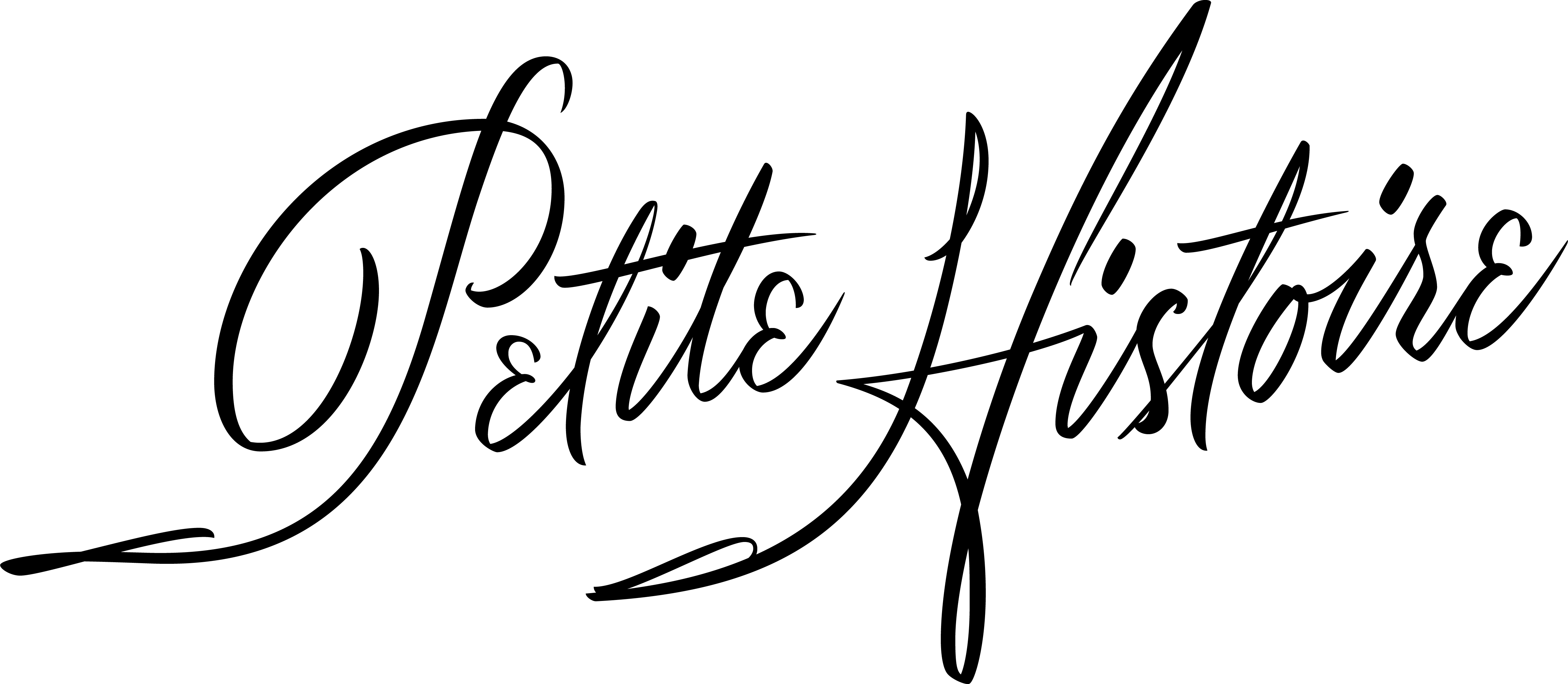
Every storyteller is, by nature, a curator of omission. It is not only what we choose to tell — it is what we choose to withhold that shapes the atmosphere of a story. The silences. The shadows. The closed doors. These, too, are narrative tools.
In our work at The Postscript Society, we are unapologetically restrained. Not because we lack answers, but because we respect the reader’s instinct to wonder.
This is not coyness. This is design.
Ours is an art of discretion. A belief that fiction can feel more alive — and more intimate — when it does not rush to resolve itself. When every scene doesn’t insist on being a scene. When the mystery is not “who,” but why we are being told this, in this way, at this time.
We do not fear ambiguity. We craft with it.
The Literary Value of Withholding
In most commercial fiction, there is an increasing pressure to reveal everything. Character backstories must be parsed out in digestible flashbacks. Motivations must be made clear by page two. Questions must resolve. Clues must connect. Every thread must tie.
We prefer the quiet art of threads left fraying.
Because life is not a checklist. It’s a tapestry of partial impressions, overheard remarks, inherited documents, and stories we were never quite meant to receive. Our letter-based worlds mimic that kind of emotional realism. The incomplete kind. The suggestive kind. The kind that trusts the reader to carry uncertainty without panic.
We write stories that live in the in-between. In the missing day. In the page that was never found. In the letter that arrived too late.
The absence is intentional. The silence is part of the score.
Trusting the Reader to Think
A good storyteller may entertain, but a great one knows when to leave space. Space to wonder. Space to interpret. Space to project one’s own memory into the gaps.
We are not writing puzzles. We are building rooms. Rooms filled with objects, voices, and implied history — but we do not give a tour. We leave the lights low. We trust you to find your own path.
When a character mentions something once and never again, we are not being careless. We are being careful. We are respecting your intelligence. We are saying: you noticed that, didn’t you?
And if you did, then the world has deepened. Not because we explained it — but because we didn’t.
The Archive Is Not Complete
Even within our fictional archives, there is no pretense of completeness. You are not reading a bound and indexed compendium. You are encountering selected fragments — curated, yes, but never total.
This is why our letters often feel like something you’ve discovered, not something that was made. Because they behave like real documents — emotionally direct, but contextually incomplete. We do not annotate the past for your convenience. We let the past arrive on its own terms.
A wax seal broken. A smudged postmark. A name referenced with no explanation.
All of these signal: this is not a performance. This is a glimpse.
The Discipline of Discretion
To withhold well requires precision.
We do not obscure out of laziness. We write pages and pages we will never use, so that the one line you do receive feels earned. When we remove a confession, it’s not because we don’t want you to hear it — it’s because the character wouldn’t say it yet. Or perhaps they never would.
We build timelines in full, then redact them. We draft family trees we will never share. We invent entire lives for minor characters so that their two spoken words feel real.
This is not indulgence. It is rigor. The rigor of narrative discretion.
The same way a perfumer might choose to leave an accord half-buried — not because it wasn’t beautiful, but because its restraint made the fragrance breathe — we, too, choose our silences carefully.
What We Leave You With
In a world saturated by over-explanation, we write stories that whisper. We believe that subtlety is not a liability, but a form of luxury. A form of elegance. A mark of care.
Not everything is spelled out, because not everything should be.
We want you to return to the letters. To notice what was said differently the second time. To re-read a detail and wonder if it meant more than it first appeared to. To question what you would have written — and what you wouldn’t have said at all.
This is the story as conversation. As correspondence. As living archive.
Our stories end — but the wondering doesn’t have to.
With respect for what remains unsaid,
The Head Archivist
The Postscript Society




